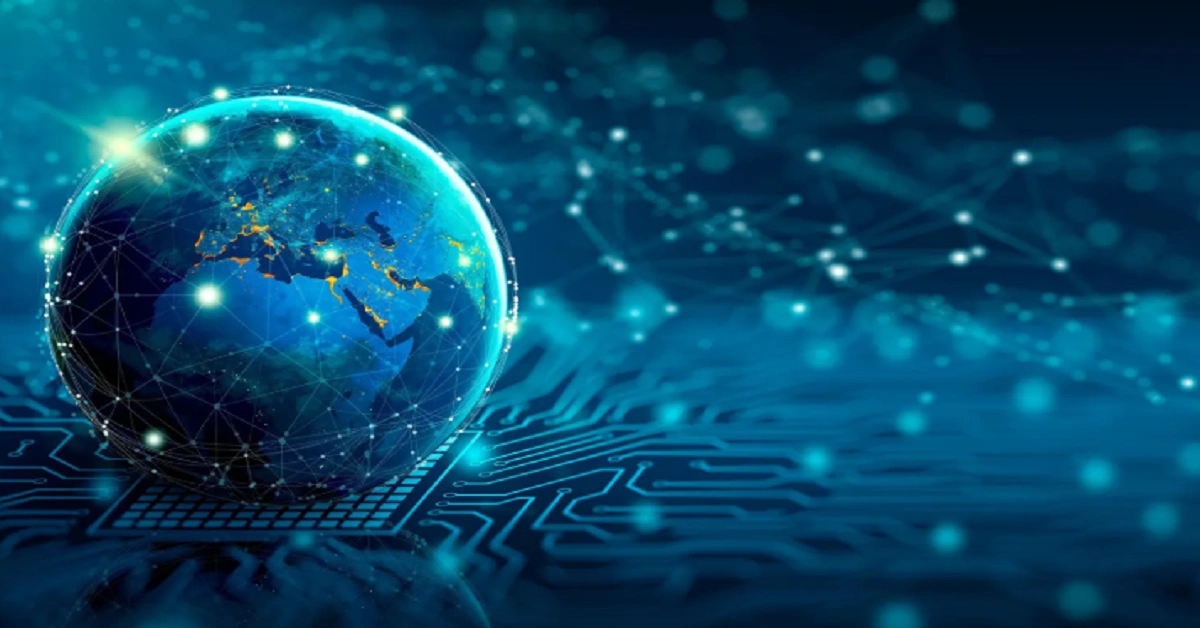Technology is evolving at an unprecedented pace, transforming the way we live, work, and interact with the world. From the rise of quantum computing to the integration of augmented reality in everyday life, innovation is not just a buzzword—it’s a reality that’s reshaping industries and societies globally.
Quantum Computing: The Next Frontier
Quantum computing is no longer confined to research labs. Companies like IBM and Google are making strides in developing quantum processors that can solve complex problems in seconds—problems that would take traditional supercomputers years. This technology holds immense potential for fields like cryptography, material science, and even climate modeling. Imagine a world where we can simulate molecular interactions with pinpoint accuracy, leading to breakthroughs in medicine and energy.
Augmented Reality: Blurring the Lines Between Digital and Physical
Augmented Reality (AR) is revolutionizing how we experience the world. From virtual try-ons in retail to interactive training simulations in healthcare, AR is making digital interactions more immersive. Brands like Apple and Meta are investing heavily in AR glasses and headsets, aiming to create seamless experiences that blend the digital and physical realms. The possibilities are endless—whether it’s navigating a new city with real-time overlays or collaborating with colleagues in a virtual workspace.
The Rise of AI-Powered Automation
Automation powered by artificial intelligence is streamlining industries, reducing human error, and increasing productivity. In manufacturing, AI-driven robots are handling repetitive tasks with precision, while in customer service, chatbots are providing instant support. The integration of AI into everyday processes is not just about efficiency—it’s about creating smarter systems that adapt and learn over time. For instance, ai music platforms are using machine learning to compose and produce tracks, offering new creative possibilities for artists and listeners alike.
Edge Computing: Bringing Processing Power Closer to the Source
With the explosion of IoT devices and the demand for real-time data processing, edge computing is becoming a game-changer. Unlike cloud computing, which relies on centralized data centers, edge computing processes data closer to where it’s generated—reducing latency and improving performance. This is crucial for applications like autonomous vehicles, where split-second decisions can mean the difference between safety and disaster.
As we stand on the brink of a new technological era, one thing is clear: innovation is not just about creating new tools—it’s about reimagining what’s possible. The trends we see today are just the beginning of a journey that will continue to push the boundaries of human potential. What excites you most about the future of technology?

Leave a Reply